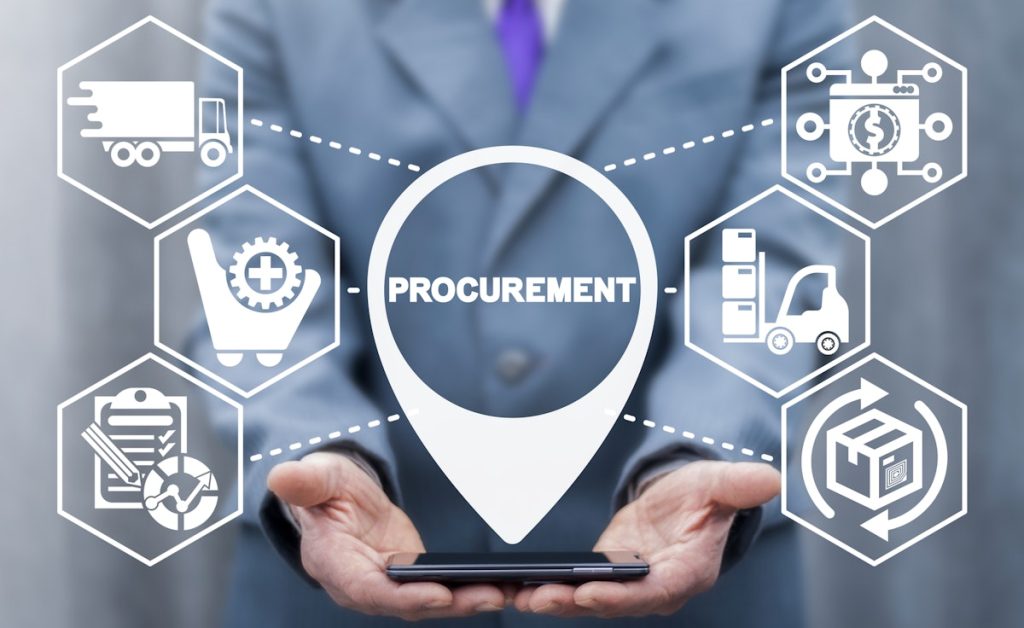
- AI in procurement enhances efficiency and quality of incoming products/services by automating routine tasks, analyzing vast datasets, and improving supplier and spend management, though it requires human oversight for optimal performance.
- Machine learning, natural language processing, and cognitive procurement drive improvements in spend analysis, contract management, supplier risk assessment, supplier quality and resulting purchasing decision-making.
- Future advancements in AI for procurement will likely lead to total process automation, product quality, enhanced strategic sourcing, and greater supply chain transparency, but organizations must carefully govern AI applications to avoid biases and ensure ethical use.
Artificial intelligence is transforming procurement by automating processes, analyzing large datasets, and generating actionable insights. Narrow AI, the primary form used in procurement, enables spend classification, vendor risk assessment, quality control, contract analysis, and supplier discovery. Machine learning refines data categorization, while natural language processing helps extract insights from procurement documents. Cognitive procurement integrates AI-driven automation with human decision-making to enhance efficiency and strategic sourcing.
AI is being widely adopted in procurement through spend analysis, contract management, accounts payable automation, and supplier risk mitigation including quality performance. Large enterprises lead in AI deployment, but small and medium-sized businesses can benefit by leveraging AI-powered procurement software rather than developing in-house solutions. However, AI should be seen as an augmentation tool rather than a replacement for human expertise, as human oversight remains crucial for governance and bias mitigation.
The future of AI in procurement points toward full process automation, data-driven supplier relationship management, and predictive analytics for cost savings and efficiency. AI governance models, such as human-in-the-loop and human-on-the-loop oversight, will be essential to managing ethical concerns and ensuring AI-generated decisions align with business objectives. AI’s role in procurement will continue to expand, but organizations must balance automation with human expertise to maximize benefits.


Leave a Reply
You must be logged in to post a comment.